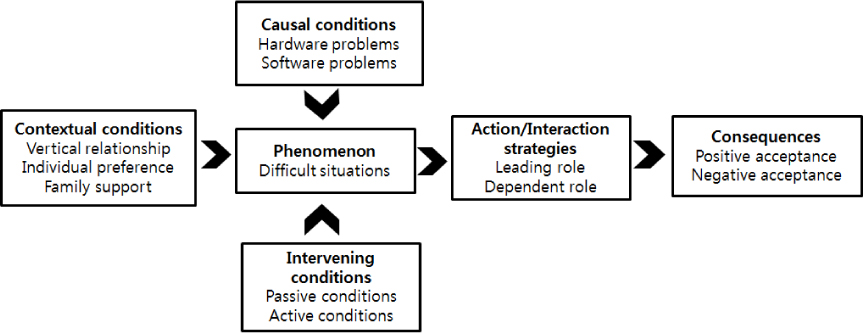1Red Cross Nursing College, Chung-Ang University, Korea.
2Department of Nursing Science, The University of Suwon, Korea.
3Department of Nursing, University of Ulsan, Korea.
Copyright © 2016 Korean Academy of Nursing Administration
This is an open access article distributed under the terms of the Creative Commons Attribution Non-Commercial License (http://creativecommons.org/licenses/by-nc/3.0/), which permits unrestricted non-commercial use, distribution, and reproduction in any medium, provided the original work is properly cited.
